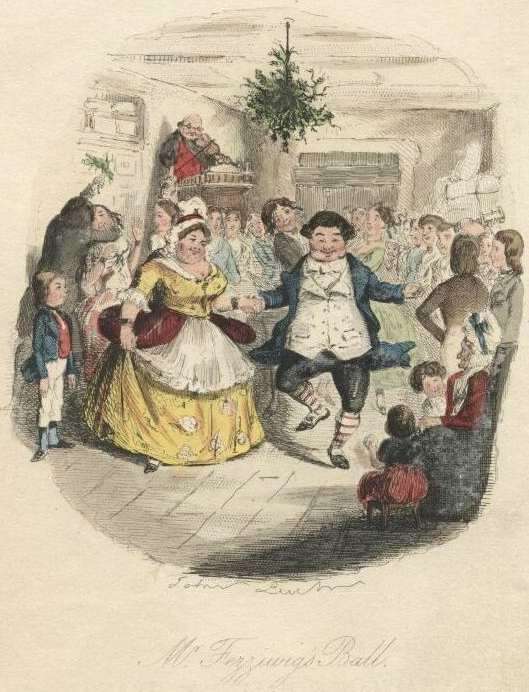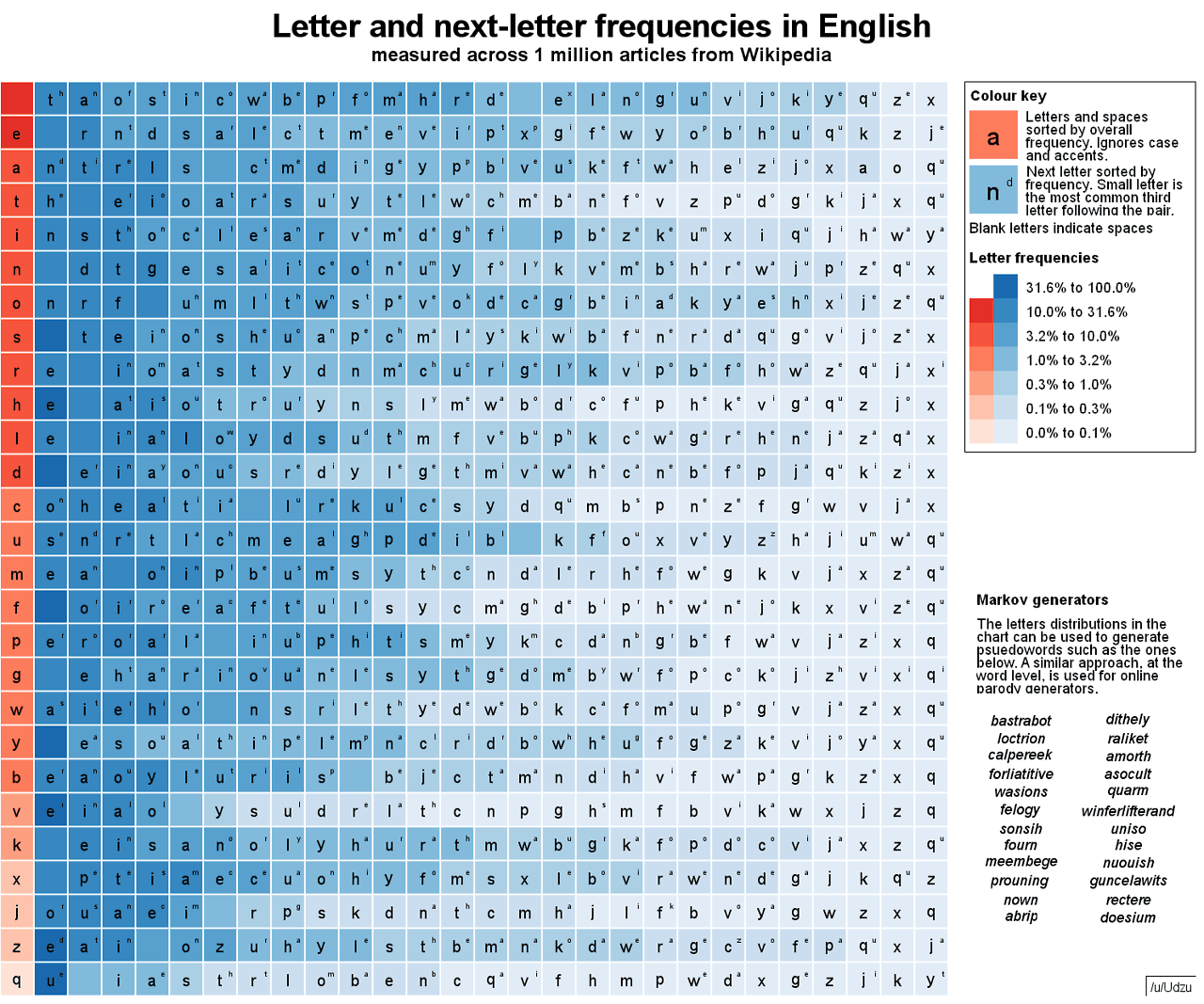Pope Francis has suggested the Catholic Church consider a change in how it renders the Lord’s Prayer (the “Our Father”), when it comes down to that whole “temptation” thing. The line in the Catholic translation in English is “Lead us not into temptation.” A similar translation is used in Italy.
Francis says, “It is not He that pushes me into temptation and then sees how I fall. A father does not do this. A father quickly helps those who are provoked into Satan’s temptation.”
The Catholic Church in France recently tweaked its translation “ne nous soumets pas à la tentation,” (do not submit us to temptation), which has been replaced with “ne nous laisse pas entrer en tentation” (do not let us enter into temptation). And apparently the official Spanish version of the prayer, which is what Francis would have grown up with, is “no nos dejes caer en la tentación” (do not let us fall into temptation). The Portuguese version is similar to the Spanish.
Of note, a new Italian version of the Bible, written and approved by the Catholic bishops there in 2008 (before Francis was made Pope), uses a different translation than the Italian Catholic liturgy: “Do not abandon us to temptation.”
Nevertheless, as with anything Francis suggests, the whole idea has been treated with a bit more alarm than it probably deserves (some of the color commentary about the Pope arrogantly “changing the words Jesus spoke” and “rewriting scripture” is particularly amusing).
The issue is all about translations of translations — Jesus’ words as ostensibly spoken in Aramaic have passed down through the original Greek the Gospels were written in, thence to Latin (at least for Catholic purposes) and then to their modern language “vernacular” renditions (notwithstanding the desire of some conservative American Christians to somehow sanctify the King James Version as perfect, as though Jesus spoke in English).
The key word in play in the Greek of the New Testament is πειρασμός (peirasmos), which has implications of trial, tempting, and testing. The Lord’s Prayer, using that word, shows up in Matthew 6:9-13 and (in a shorter form) in Luke 11:2-4. The key phrase in the Lord’s Prayer got translated into the Latin Vulgate by St Jerome as “ne nos inducas in tentationem,” which was translated into in English as “lead us not into temptation.”
It’s also been suggested, beyond Francis’ comments, that the original phrase prayer request doesn’t necessarily refer to temptation or trial around sin, but asking to be spared of the sorts of “trials and tribulations” that folk like Job went through.
Since God hasn’t offered a press release or set of corrections, the actual translation to use has been up to humans to make. And that, in turn, has meant the the interpretation of a given era tends to color the “correct” understanding.
Many Protestant English-speaking churches (including my own Episcopalian one) sometimes or always use an alternative phrase, developed by liturgists in the 1970s, “Save us from the time of trial,” which carries the same sense that Francis is going after here.
Interestingly, the debate about the change is not solely on the basis of theological truth, or even linguistic certainty, but ceremonial propriety. As one Anglican theologian quoted says, “In terms of church culture, people learn this prayer by heart as children. If you tweak the translation, you risk disrupting the pattern of communal prayer. You fiddle with it at your peril.”
Anglican and Catholic Churches are, by definition, liturgical, so varying the wording of anything there is always subject to a certain amount of angst and resistance from the traditionalists in the pews and pulpits.
In my parish, we use the traditional English most of the time, but for a couple of months each summer use an alternative translation (which includes that “time of trial” verbiage). The idea is to actually force people to think about what they are saying, not just rattle off a bunch of syllables in unison. I tend to agree with that mixing up the the approach, but I also understand that there are people who fall way on either side of it — those for whom the idea of repetitive prayer is anathema, and others who want things to always look and seem the same.
Other interesting articles on the subject:
And, for reference:

Pope Francis Suggests Changing The Words To The ‘Lord’s Prayer’
The phrase “lead us not into temptation” isn’t right, the pontiff says, because “a father does not do this.” France’s Catholic Church has changed the phrase in its version of the Lord’s Prayer.
View on Google+



















